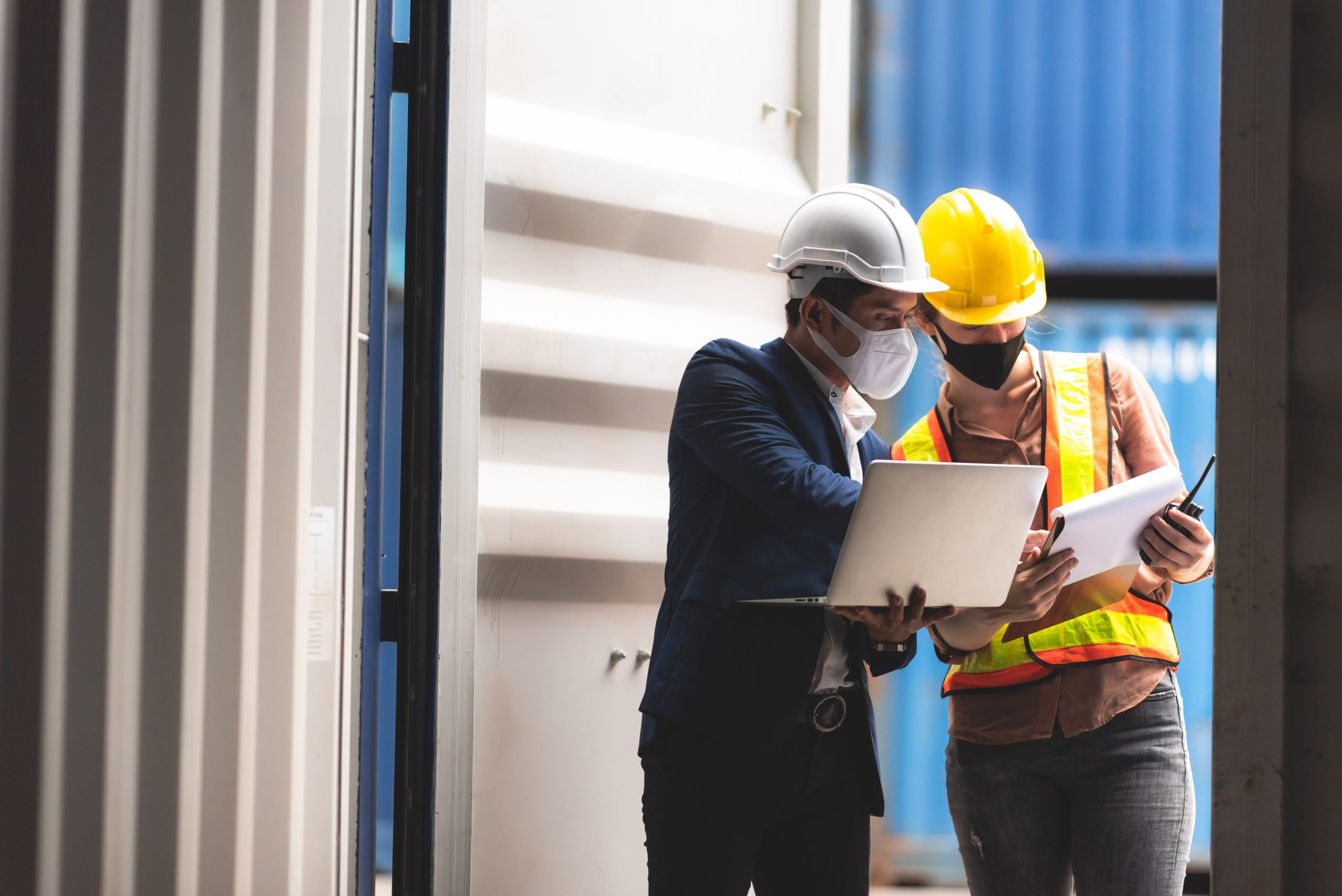With many schools, businesses, and grocery store shelves still standing empty, it is clear disruptions caused by the coronavirus pandemic have led to widespread supply shortages and isolation in communities everywhere. The current state of the global shipping industry is an important factor in this, as the Baltic and International Maritime Council (BIMCO) argued recently. Container shipping is inextricably tied to China via the main trade routes. As the global economy has become much more interlinked with China, the considerable financial damage done by recent restrictions on travel, manufacturing, and trade has caused ocean carriers to cancel services (called “blanked sailings”) all over the world. This stagnation in shipping represents a larger economic contraction as China, and the world gradually recovers.
However, though global supply chains continue to feel the ramifications of the widespread Chinese shutdown, Commissioner Carl Bentzel of the Federal Maritime Commission (FMC) released an updated statement recently regarding the potential resumption of normal trade. Responding to reports that trans-Pacific trade services are resuming to pre-coronavirus levels, Commissioner Bentzel stated “though the coronavirus impact[s] will linger over the next few weeks while vessels are engaged in the cross-Pacific transit… hopefully we are poised to achieve normalcy in the transport of goods [soon].”
He further comments on the importance of maritime commerce and infrastructure:
“I would hope that the industry resists the temptation to take actions to price-gouge or otherwise unfairly leverage their position. It will be necessary for all segments of the transportation industry, from the marine terminals to trucking and rail services, to help pitch in to secure normalcy. Our ability to recover from this economic disruption through the resumption of maritime commerce underscores the criticality and importance of our maritime trade.”
“I believe we all owe a debt of gratitude to the ocean carriers and their crews, the longshoremen who continue to process vital supplies, the truckers and railroad laborers who deliver cargo throughout the nation. We have to make sure that our policies continue to allow these vital functions to continue.”







